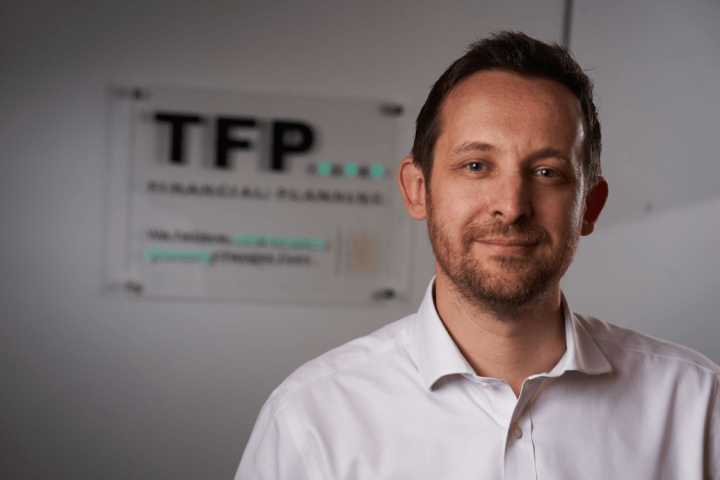What Is A Fiduciary And Why Does It Matter?
As financial services professionals, we are in trusted and privileged positions. Our clients share their life stories and their detailed financial information with us, and we can become trusted advisers for decades.
Therefore, we have a duty of care to act in the best interest of our clients not just by offering the most suitable advice but with regards to the impact we have on our clients’ lives.
During the COVID-19 pandemic, I’ve seen how our work has the potential to offer true peace mind in the eye of the very worst storms. During these times, our clients should not have to worry about money. Instead, we can enable them to focus entirely on those things that matter most.
What Does Fiduciary Mean?
According to Investopedia, a fiduciary “is a person or organization that acts on behalf of another person or persons to manage assets. Essentially, a fiduciary owes to that other entity the duties of good faith and trust.”
When it comes to financial advice, the Financial Conduct Authority (FCA) outline in the Conduct of Business sourcebook COBS 2.1 – Acting honestly, fairly, and professionally:
A firm must act honestly, fairly and professionally in accordance with the best interests of its client.
While rules are in place to ensure that financial advisers act in their clients’ best interests, there is still a negative perception of financial advisers and financial advice, and to be fair there is no smoke without fire. There have been many instances over very recent history of bad advice, mis-selling and fraudulent scams, but this does not reflect most financial professionals.
Distinguishing Yourself As A Fiduciary
We have personally heard some very recent stories of bad advice, such as advisers selling without disclosing costings or unnecessarily focusing on the sale of financial products. These stories undermine the true value of financial planning and have the potential to create distrust amongst prospective clients.
As financial advisers, we can establish ourselves as fiduciaries.
It starts with one simple thing… are we truly interested in our clients and their families?
Do we ask great questions and truly listen?
Do we take the time to understand what our clients really care about, where they come from and where they are trying to get to?
Do we know what is most important to them?
Being a fiduciary naturally leads to clients truly engaging in financial planning. We have seen endless examples of this throughout the pandemic, where the trusted relationship created between our clients and financial planners has guided people through some of the most challenging times. Where a lot of these challenges have just needed that trusted sounding board to ensure the right decisions are made for the right reasons. Not based on a knee-jerk reaction to an unprecedented situation but based on those things that remain most important to our clients and their families.
We are currently going through the process of creating a client advisory group. In doing so we have asked this group of clients a number of initial questions about their experience of financial planning, how they started their advice journey and what impact this had on their lives. In their answers the one word that is most used is… trust.
Financial advice and financial planning are very different things.
Values, fears, dreams and aspirations are the foundation of meaningful financial planning.
Investment objectives, asset allocation, risk assessment, product research, analysis, fund selection, investments all support a regulated financial advice process.
Aspiring to attain that fiduciary relationship standard should remain paramount and be at the heart of all great financial planning firms.

Casey has worked in financial services since 2001; he established TFP Financial Planning Ltd in 2015 alongside Ian Jones. Read his full bio here.


